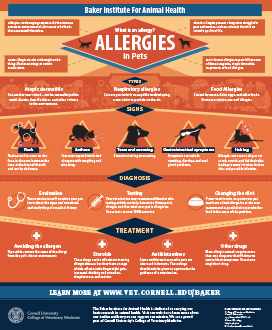Why Dogs Get Expelled From Daycare
Why Dogs Get Expelled From Daycare
Blog Article
What Vaccinations Are Required For Pet Dog Daycare?
Whether your pet dogs hang around at day care or boarding centers, they need to be current on all of their needed inoculations. Core injections include Bordetella, rabies and DA2PP, which guard against common illness that canines are subjected to when in close contact with others.
Non-core injections include canine influenza and leptospirosis shots. These are recommended for dogs that join various other canines frequently.
Core Vaccines
As a crucial part of preventative treatment, pet dog injections help keep canines safe from transmittable conditions transferred with direct call or polluted surfaces. Vaccines boost the body immune system to produce antibodies that fight disease, and the majority of veterinarians think about core dog vaccinations to be necessary for all animals.
Rabies
Most reliable pet day care facilities call for that your family pet be up to day on their rabies inoculation. Vaccinations are carried out to young puppies as early as 12-16 weeks old, and boosters are required every 3 years or so till their adult years. Rabies is a fatal viral condition that spreads via saliva, normally from bites. The majority of states need rabies vaccinations for all pets and felines, and some also mandate rabies boosters for family pet owners.
Distemper/Parvovirus/Adenovirus (DHPP).
This mix vaccine covers canine distemper, parvovirus, liver disease, and adenovirus, all of which are very infectious. Most vet offices use DHPP vaccines as one shot or in a collection of two to 4 shots, given 2-4 weeks apart, adhered to by an annual booster. This vaccination is a requirement for the majority of boarding and doggy childcare facilities, along with numerous groomers.
Bordetella/Canine Parainfluenza Vaccination.
Bordetella bronchiseptica, frequently known as kennel cough, is a really transmittable respiratory infection brought on by the bacteria that triggers the disease. Signs consist of consistent coughing, sneezing, nasal discharge, and high temperature. Most kennel coughing outbreaks happen in jampacked atmospheres, such as childcare or boarding facilities, and are particularly usual in warmer weather. This vaccination is a requirement for many childcare and boarding facilities, and is commonly offered in a combination with the DHPP vaccination.
Leptospirosis Vaccine.
This is a bacterial condition that spreads through polluted water, dirt, and urine. Infection can trigger kidney and liver damages, as well as death, and boarder collie dog is transmissible to human beings. Most vets will certainly advise this vaccine, based on geographical area and lifestyle of the pet, for pet dogs that hang around outdoors or at boarding facilities, in addition to some groomers. This vaccination is generally administered as a series of 2 to 4 shots, spaced 2-4 weeks apart, with an annual booster required for most animals.
Lyme Illness Vaccine.
The most usual tick-borne disease in the United States, Lyme illness is sent by the deer tick and can result in fever, joint discomfort, muscular tissue soreness, and loss of appetite. The Lyme illness vaccine shields versus the most prevalent stress of the infection, consisting of the H3N8 and H3N2 strains. Most veterinary centers suggest this vaccination, specifically in risky locations, such as the Northeast, upper Midwest, Mid-Atlantic, and along the Pacific coast.
Noncore Vaccines.
Other pet dog vaccinations, while not necessary for all animals, are suggested based on the pet dog's way of living and geographical area. These consist of the following:.